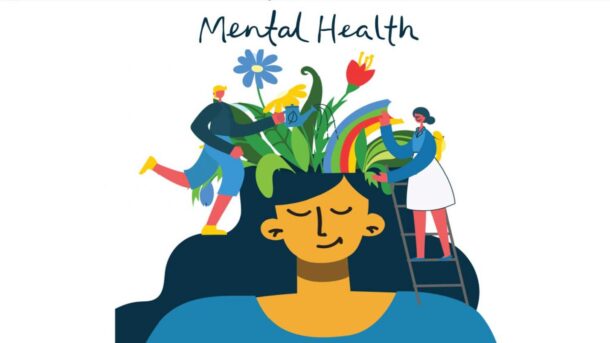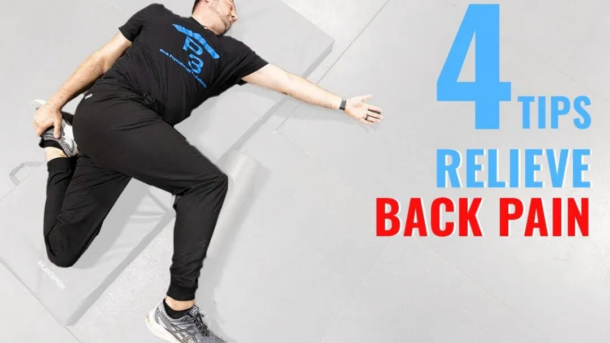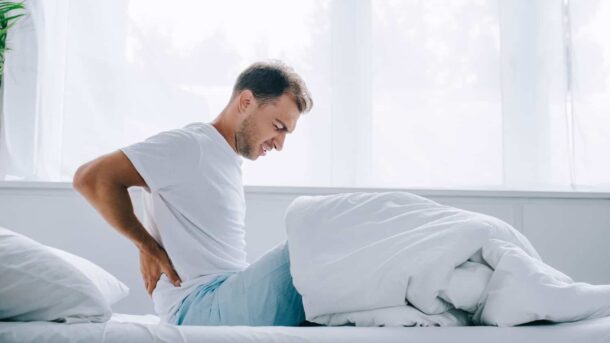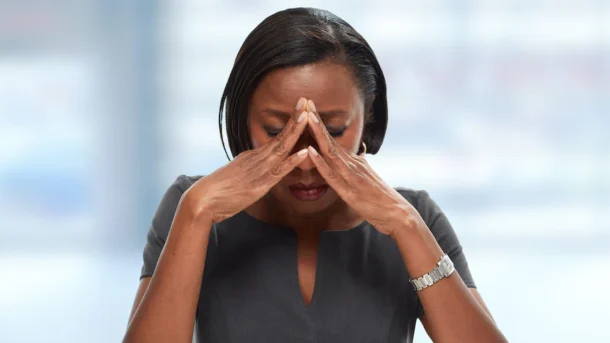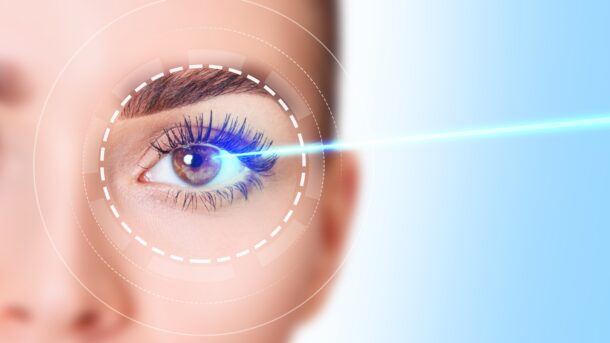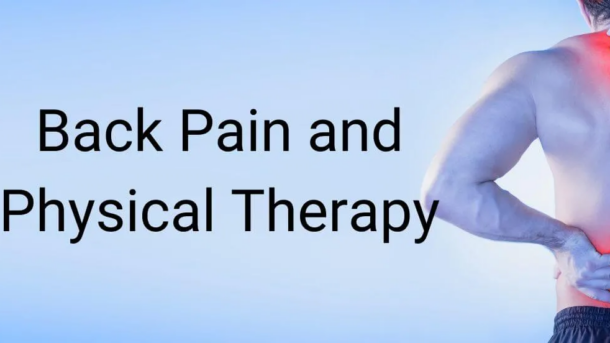We’ve all heard the phrase “mental health awareness,” yet the way we discuss it remains riddled with stigma, oversimplification, and silence. Imagine if we treated physical health the same way: avoiding conversations about exercise because it might offend those with chronic conditions, or whispering about cancer as though it’s a moral failing. Mental health deserves the same openness, nuance, and proactive care we give our bodies—but getting there requires dismantling harmful narratives. Why “Just Be Strong” Isn’t Enough Mental health awareness is critical to understanding that mental health is not a dichotomy. Just as we wouldn’t label someone as “physically...
Continue reading...Health
Healthy Skin Tips: How to Take Care of Your Skin?
Don’t have time for intensive skin care? You can still pamper yourself. Basic skin care and healthy lifestyle choices can help prevent early aging and other skin issues. Get started with these five tips. 1. Protect yourself from the sun One of the most important ways to take care of your skin is to protect it from the sun. A lifetime of sun exposure can cause wrinkles, age spots, and other skin problems. It also can raise the risk of skin cancer. For the most complete sun protection: 2. Don’t smoke Smoking makes skin look older and plays a part...
Continue reading...Tips For Lower Back Pain Relief at Home
Back pain is one of the most common problems you deal with as you age. About 80% of adults have it at some point. And more than 25% of adults say they’ve had it in the past 3 months. But how do you know if your back pain is bad enough to see a doctor? Call them right away if: It’s also worth telling your doctor if you’re over 50 and: If none of these things applies, you can try to manage your pain at home with: Rest Most experts agree that prolonged bed rest is associated with a longer recovery period. Further,...
Continue reading...4 Dangerous Daily Habits Doctors Urge Seniors to Stop (Prevent Falls & Heart Risks)
Aging Safely: Avoid These 4 Risky Daily Moves (Backed by Doctors)For seniors, everyday actions like dressing or turning your head can pose hidden dangers. Falls, fractures, and cardiovascular events are leading causes of disability in older adults. Here’s how to stay safe by correcting high-risk habits. ❌ 1. Standing on One Leg to Put On Pants Why It’s Dangerous: Safer Alternative: Key Stats: ❌ 2. Bending Over to Lift Heavy Objects Why It’s Dangerous: Proper Technique: Pro Tip: Strengthen core muscles with seated leg lifts or water aerobics. ❌ 3. Sudden Head Turns (Whiplash Risk) Why It’s Dangerous: Safer Response: ❌ 4. Eating Too Quickly...
Continue reading...4 Fixes to Stop Back Stiffness, Start Now
Sit a lot for work? History of low back pain? Low back feels tight at the end of your day? If you answered, “yes” or even, “maybe” then P3 has four simple exercises/modifications to help you out. Don’t worry, you are not alone when it comes to low back pain, as it is one of the most common conditions we treat. Give these 4 lower back pain relief tips a try to help keep you moving and grooving all year round.
Continue reading...Best Mattress for Lumbar Disc Herniation: Expert Guide
❌ Why Hard Mattresses Aggravate Herniated DiscsZero Lumbar Support: Overly firm surfaces fail to cradle the spine’s natural “S-curve,” leaving the lower back unsupported. Result: Muscles tense overnight, worsening disc pressure and morning stiffness. Pressure Points at Hips/Shoulders: Side sleepers risk hip and shoulder pain as bony prominents dig into unyielding surfaces. Weight Distribution Issues: Lightweight individuals hover over hard beds, forcing muscles to strain for stability. ❌ Soft Mattresses: A Sinking Disaster for DiscsSpinal Misalignment: Overly plush beds cause hips/shoulders to sink, curving the spine into a U-shape. Muscle Fatigue: Core muscles overwork to stabilize the spine, leading to...
Continue reading...Chronic Stress Symptoms: 4 Body Systems at Risk & 5 Science-Backed Coping Strategies
How Stress Wrecks Your Body (And How to Fight Back)Over 75% of adults report physical symptoms caused by stress, yet most underestimate its long-term health risks. From spiking blood pressure to triggering autoimmune flares, unmanaged stress acts like a “slow poison.” Here’s how to spot the warning signs and reclaim control. 4 Body Systems Destroyed by Chronic Stress 1. Cardiovascular System: Silent Killer of Overdrive 2. Immune System: From Defender to Saboteur 3. Musculoskeletal System: Pain Locked in Tension 4. Digestive System: Gut-Brain Axis Collapse 5 Proven Stress Management Techniques (Based on Severity) Level 1: Mild Stress (Manageable but Annoying) Level 2: Moderate Stress...
Continue reading...Tips for Eye Health and Maintaining Good Eyesight
Did you know that half of all eyesight issues and vision loss can be prevented? Early diagnosis and treatment are crucial, as is maintaining a healthy lifestyle. What does that mean exactly? Here are some of the simple choices you can make every day to protect your eyes. 1. Eat Well for Better Eye Health Good eye health starts with the food on your plate. Nutrients such as omega-3 fatty acids, lutein, zinc, and vitamins C and E can help ward off age-related vision issues like macular degeneration (which makes it hard for you to see things right in front of you) and cataracts (cloudy spots on the lens of...
Continue reading...Heal Your Back Pain Without Surgery: 7 Proven Ways
Back pain is a symptom of a strain, sprain, spine disorder or condition affecting organs in your pelvis or belly. Pain can range from mild to severe, and it may spread to your legs or elsewhere. A healthcare provider can identify the cause of your backpain and recommend treatment to help you find relief. What is back pain? Back pain is discomfort you feel anywhere along the back of your body, from the base of your neck to the top of your butt. It’s a common symptom of many different underlying injuries and conditions. Back pain is one of the...
Continue reading...Take Control of Your Back Health Expert Physical Therapy Guidance
The old dreaded back pain that we all hear so much about and many of us have dealt with at least once in our lifetime.
Continue reading...